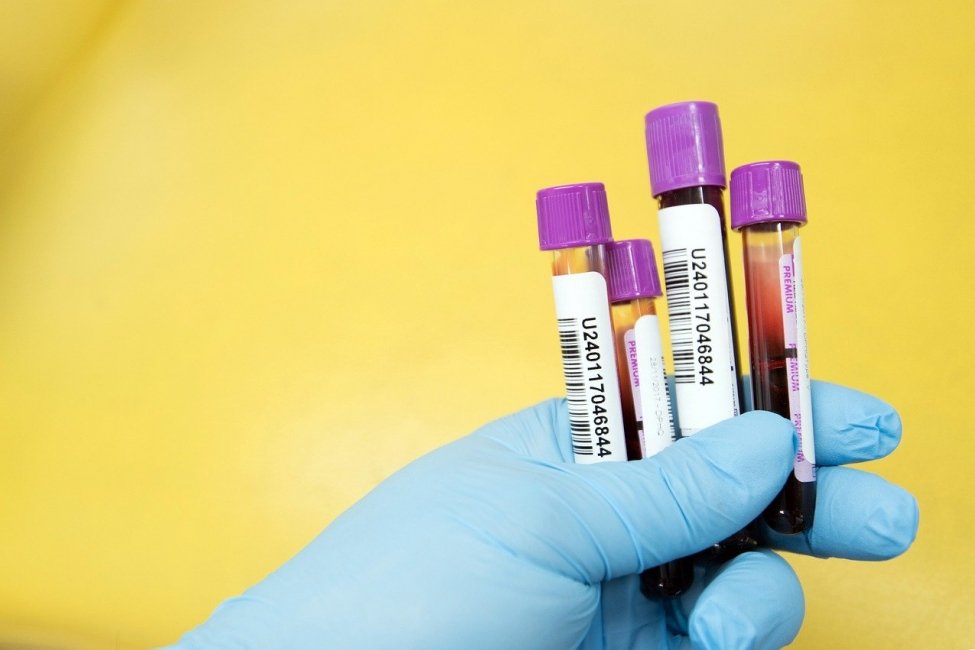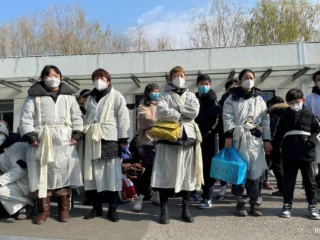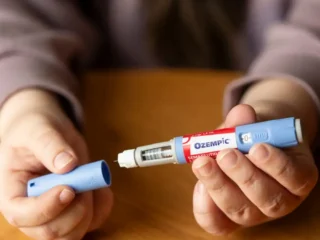–Dr. Sanjana Dontula, Head of Medical partnerships, Quality management and Special projects at DKMS BMST Foundation India
With over 1 lakh people being diagnosed with blood cancer or a blood disorder each year, a stem cell transplant (Peripheral Blood Stem Cell Collection) offers the best chance of survival. Ethnicity plays a key role in finding a matching donor to facilitate a transplant, as patients are most likely to find a match from someone of their own ethnicity.
While a blood stem cell match can come from a sibling or a family member there is only a 30% chance of finding a matched sibling donor in the family. The remaining patients must search for a Matched Unrelated Donor (MUD) from a registry or a donor centre — a database of voluntary donors between the age group of 18 to 50 years.
A stem cell transplant is likely to be successful only if the donor’s HLA type is a close match to that of the patient. The body’s immune system has proteins known as Human Leukocyte Antigen (HLA) to distinguish cells that belong to the body from those that do not. Thus, HLA distinguishes between self and non-self.
India is the second most populous country in the world with various cultures, ethnic groups and this has resulted in a unique gene pool and HLA frequency pattern. Studies prove that people from the same ethnic background are more likely to have the same HLA alleles. For example, the HLA haplotypes in South Indian and North Indian populations are distinct. Also, studies in various caste groups reveal that each caste group has its characteristic haplotypes.
Take the case of 22-year-old Kriti, who was diagnosed with blood cancer when she was 12-year-old and is on medication for the last 10 years. She is now in a critical stage where a stem cell transplant is her only chance at survival. She belongs to Jharkhand and her stem cell transplant will only be possible if she finds a matching blood stem cell donor from the ethnic group she belongs to.
Indian patients find it challenging to find a matching donor for a blood stem cell transplant as compared to patients of other ethnicities. This is because of three main reasons. First, with the shrinking size of families, the possibility of finding a sibling donor reduces.
Second, Indians are poorly represented in the donor pool of registries — only 0.04% of Indians are registered as potential blood stem cell donors in Indian registries. Third, HLA occurs in millions of combinations, patients of more diverse ethnic backgrounds also tend to have more diverse HLA types, making it even more difficult to find a match. Finding a matching donor with the exact same combinations is like searching for a needle in a haystack.
ALSO REDA | NIH Blood Test Developed For Early Detection Of Blood Cancer
With the increasing number of mixed-community marriages, the HLA distribution of future generations is likely to become heterogeneous. Thus, the only hope for an Indian patient diagnosed with blood cancer or a blood disorder is a Matched Unrelated Donor (MUD) from a large pool of donors of Indian origin.
ALSO READ | Blood Cancer: Types, Symptoms, And Genetic Testing, As Told By An Expert
Currently, India does not have a sufficiently large registry of adult donors. Increasing the number of Indian donors in the database will add to the data pool of HLA diversity thus, it will improve the likelihoods of a suitable match. This could be 1 in a million; and with more people coming forward to register as potential blood stem cell donors, it could be 1 in a 1000 in the future.
Registration as a blood stem cell donor just takes five minutes of your time; to register you just have to fill a web form with a stem cell registry to receive a DIY swab kit at your home. After receiving the kit you have to take your cheek swab sample and fill a consent form. Once your swab samples are received, it is sent for HLA typing. This way when a global search is carried out to find a matching donor, you might come as a match and help blood cancer patients like Kriti. Blood stem cell donation is an out-patient procedure similar to a blood platelet donation.






